Providing high-quality feed
The quality of feed is crucial to maintaining and increasing cow appetite. Cows need a balanced diet of fibre, protein, carbohydrates, vitamins, and minerals. Therefore, it’s essential to ensure that the feed you provide is of good quality and contains all the necessary nutrients. Cows prefer fresh feed, so it’s advisable to provide fresh hay and silage that are not mouldy, dusty, or contaminated with harmful bacteria.
Ensure an adequate water supply.
Water is essential for a cow’s health, and a lack of it can affect their appetite. It’s essential to provide clean and fresh water to cows regularly. Cows require a lot of water, and their water needs increase with an increase in feed intake. Therefore, it’s essential to have enough water sources available to meet their needs.
Create a comfortable environment.
Cows are sensitive to their environment, and discomfort can affect their appetite. Providing a comfortable environment, including comfortable bedding, good ventilation, and adequate space, can help increase their appetite. A comfortable environment also reduces stress, which can negatively affect a cow’s appetite.
Provide mineral supplements.
Cows require minerals such as calcium, magnesium, and phosphorus for their health. Providing mineral supplements can increase their appetite and overall health. It’s important to provide mineral supplements in the right quantity and quality to avoid toxicity or deficiencies.
Provide salt licks.
Salt is essential for a cow’s health, and providing salt licks can increase their appetite. Salt licks help to stimulate their thirst, leading to an increase in water intake, which, in turn, increases feed intake. It’s important to provide salt licks in the right quantity and quality to avoid overconsumption.
Feed at regular intervals.
Cows have a natural feeding rhythm, and feeding them at regular intervals can help increase their appetite. Feeding cows at the same time every day helps establish a feeding routine, which can stimulate their appetite. Additionally, feeding cows small amounts of feed several times a day can help to increase their appetite.
Provide variety in their diet.
Cows, like humans, can get bored with a monotonous diet. Providing variety in their diet can help increase their appetite. Introducing new feeds or supplements can stimulate their appetite and encourage them to eat more.
Reduce stress
Stress can affect a cow’s appetite negatively. Cows can experience stress from various factors, including overcrowding, changes in their environment, and handling. Reducing stress can help increase their appetite. Providing a calm and quiet environment, reducing handling, and ensuring adequate space can help reduce stress and increase their appetite.
Monitor their health.
A cow’s health affects their appetite. It’s important to monitor their health regularly to ensure that they are healthy and free from disease. Any underlying health issues can negatively affect their appetite and health. They should be monitored regularly to ensure that they are healthy and free from disease. Any underlying health issues can negatively affect their appetite. A veterinarian can help identify any health issues and recommend appropriate treatment.
Provide adequate exercise.
Exercise is essential for a cow’s health, and it can also help to increase their appetite. Providing adequate exercise, such as allowing them to graze or walk around, can stimulate
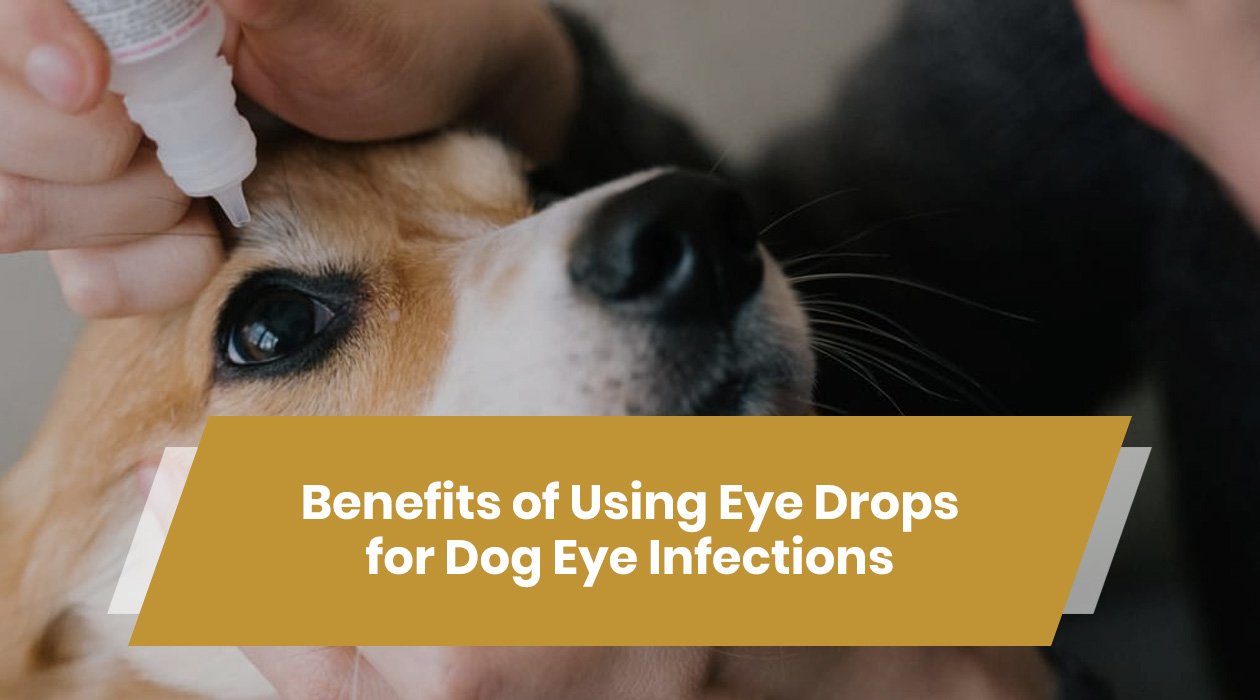
 Australian Shepherd
Australian Shepherd Beagle
Beagle Belgium Shepherd
Belgium Shepherd Bernese Mountain Dog
Bernese Mountain Dog Border Collie
Border Collie Boxer
Boxer Bulldog
Bulldog Cavalier King Charles Spaniel
Cavalier King Charles Spaniel Chihuahua
Chihuahua Cocker Spaniel
Cocker Spaniel Dachshund
Dachshund Doberman Pinscher
Doberman Pinscher Dogo Argentino
Dogo Argentino French Bulldog
French Bulldog German Shepherd
German Shepherd Golden Retriever
Golden Retriever Great Dane
Great Dane Himalayan Shepherd
Himalayan Shepherd Indie Dogs
Indie Dogs Labrador Retriever
Labrador Retriever Pakistani Bully
Pakistani Bully Pembroke Welsh Corgi
Pembroke Welsh Corgi Pitbull
Pitbull Pomeranian
Pomeranian Poodle
Poodle Pug
Pug Rottweiler
Rottweiler Shih Tzu
Shih Tzu Siberian Husky
Siberian Husky Yorkshire Terrier
Yorkshire Terrier Australian Shepherd
Australian Shepherd Beagle
Beagle Belgium Shepherd
Belgium Shepherd Bernese Mountain Dog
Bernese Mountain Dog Border Collie
Border Collie Boxer
Boxer Bulldog
Bulldog Cavalier King Charles Spaniel
Cavalier King Charles Spaniel Chihuahua
Chihuahua Cocker Spaniel
Cocker Spaniel Dachshund
Dachshund Doberman Pinscher
Doberman Pinscher Dogo Argentino
Dogo Argentino French Bulldog
French Bulldog German Shepherd
German Shepherd Golden Retriever
Golden Retriever Great Dane
Great Dane Himalayan Shepherd
Himalayan Shepherd Indie Dogs
Indie Dogs Labrador Retriever
Labrador Retriever Pakistani Bully
Pakistani Bully Pembroke Welsh Corgi
Pembroke Welsh Corgi Pitbull
Pitbull Pomeranian
Pomeranian Poodle
Poodle Pug
Pug Rottweiler
Rottweiler Shih Tzu
Shih Tzu Siberian Husky
Siberian Husky Yorkshire Terrier
Yorkshire Terrier Abyssinian
Abyssinian American Bobtail
American Bobtail American Shorthair
American Shorthair Balinese Cat
Balinese Cat Bengal Cat
Bengal Cat Birman
Birman Bombay Cat
Bombay Cat British Longhair
British Longhair British Shorthair
British Shorthair Burmese Cat
Burmese Cat Devon Rex
Devon Rex Exotic Shorthair
Exotic Shorthair Himalayan Cat
Himalayan Cat Maine Coon
Maine Coon Oriental Shorthair
Oriental Shorthair Persian Cats
Persian Cats Ragdoll
Ragdoll Scottish Fold
Scottish Fold Siamese Cat
Siamese Cat Siberian Cat
Siberian Cat Sphynx Cat
Sphynx Cat


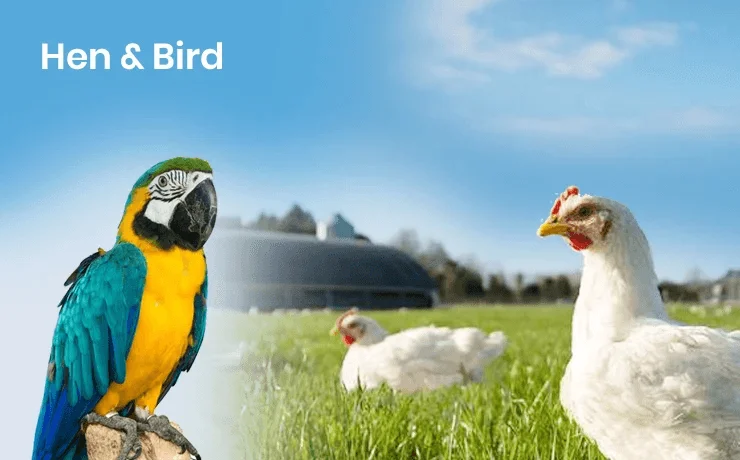
















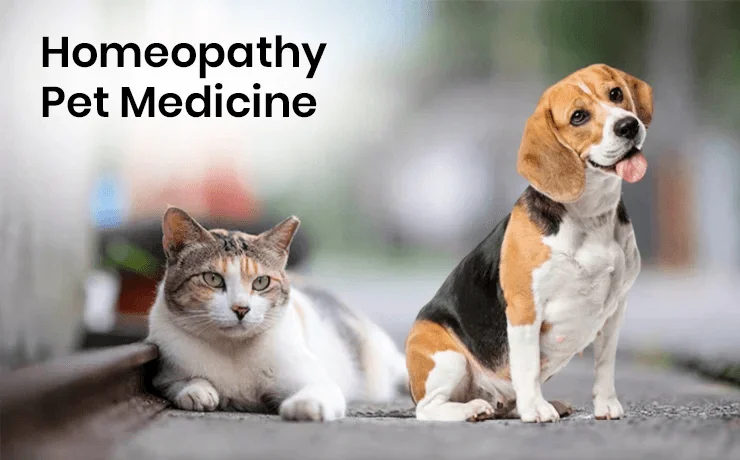
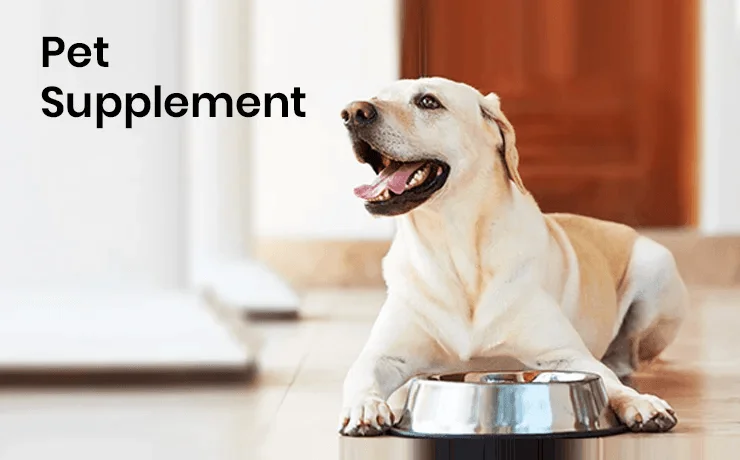

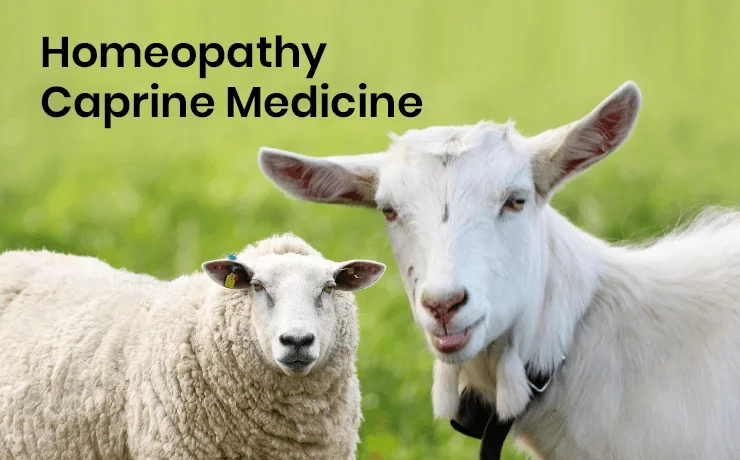
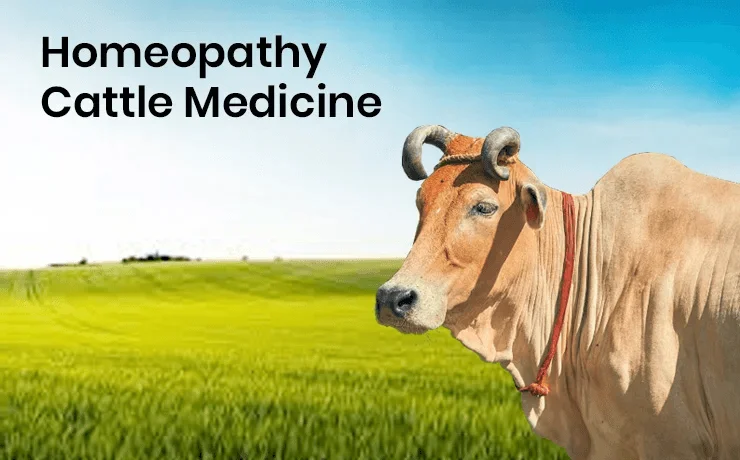

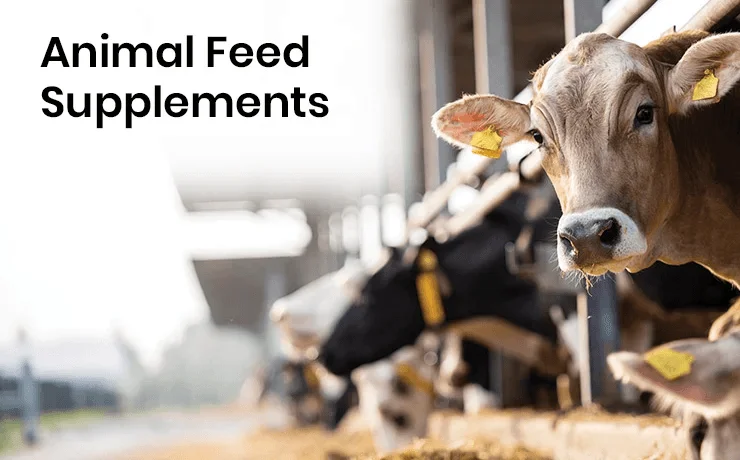

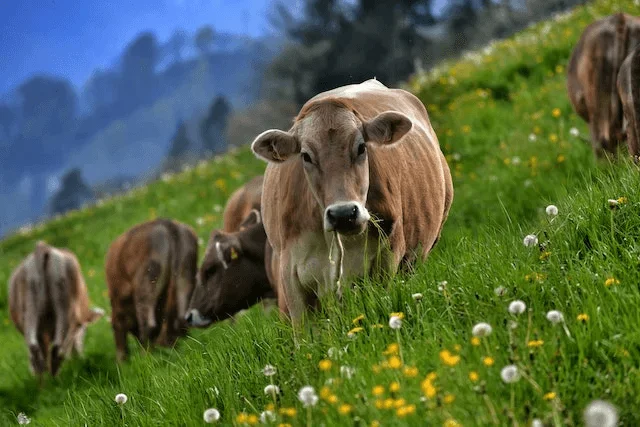
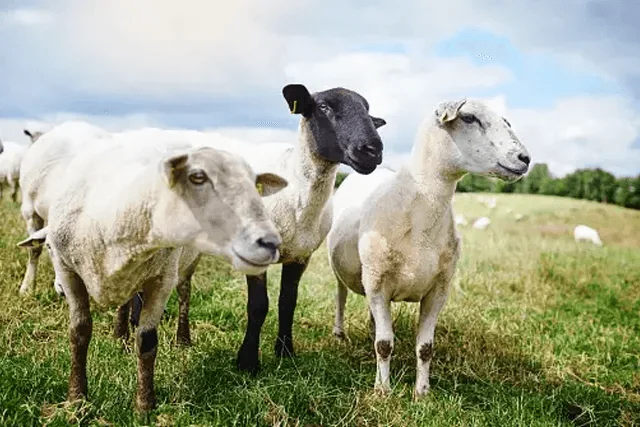
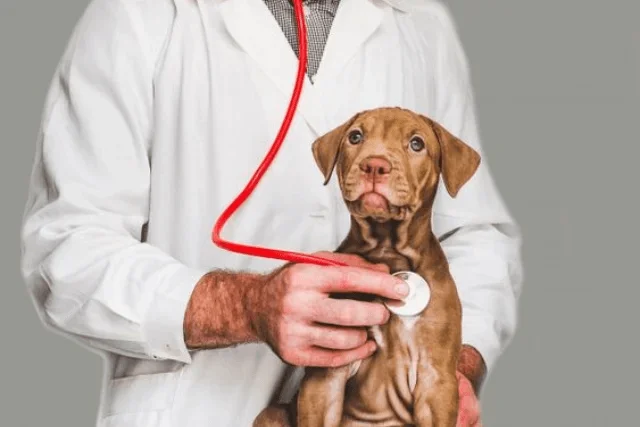

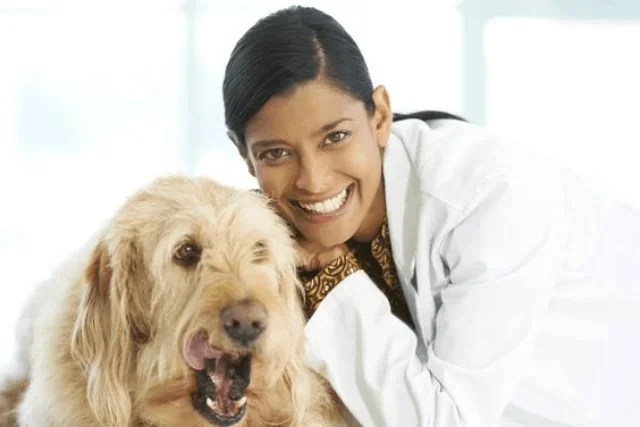

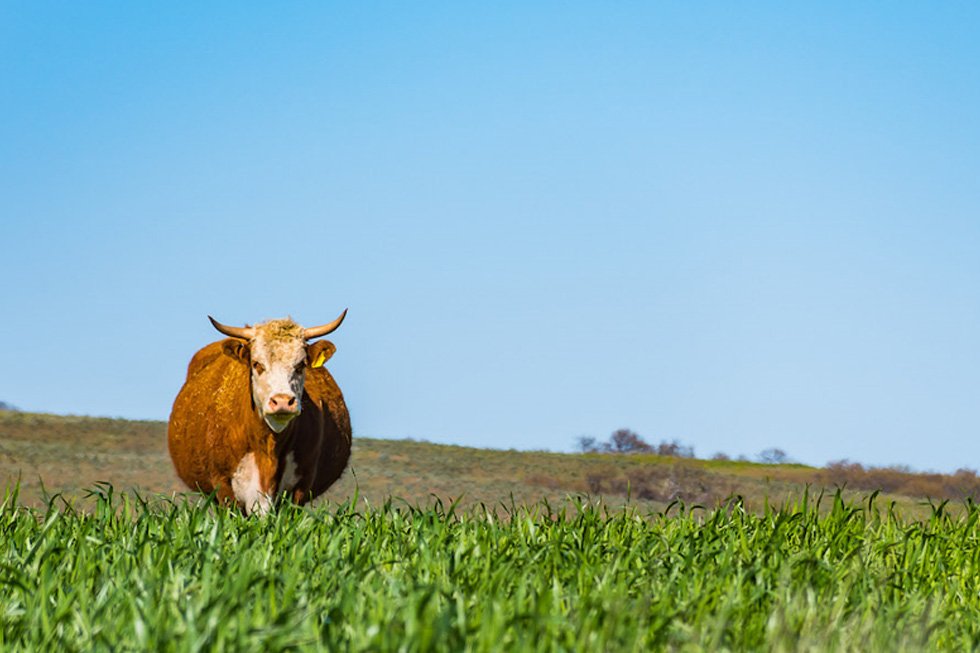



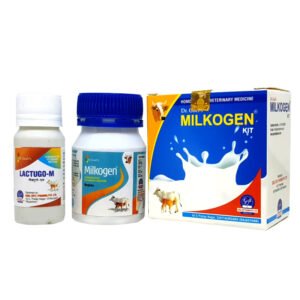

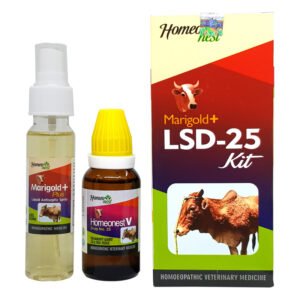
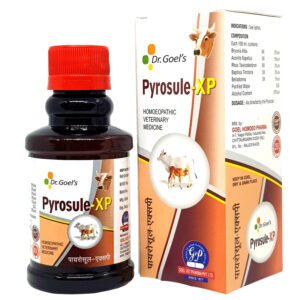
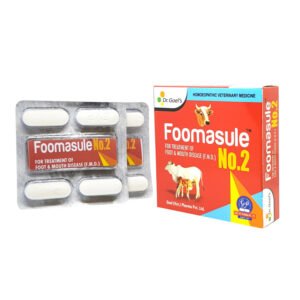
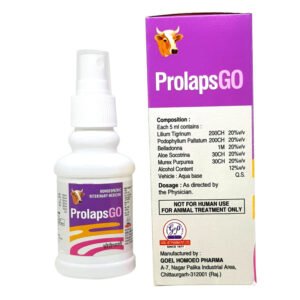
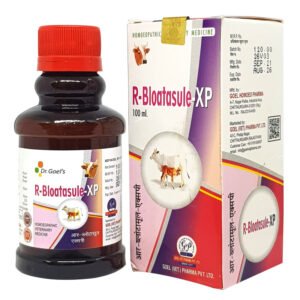
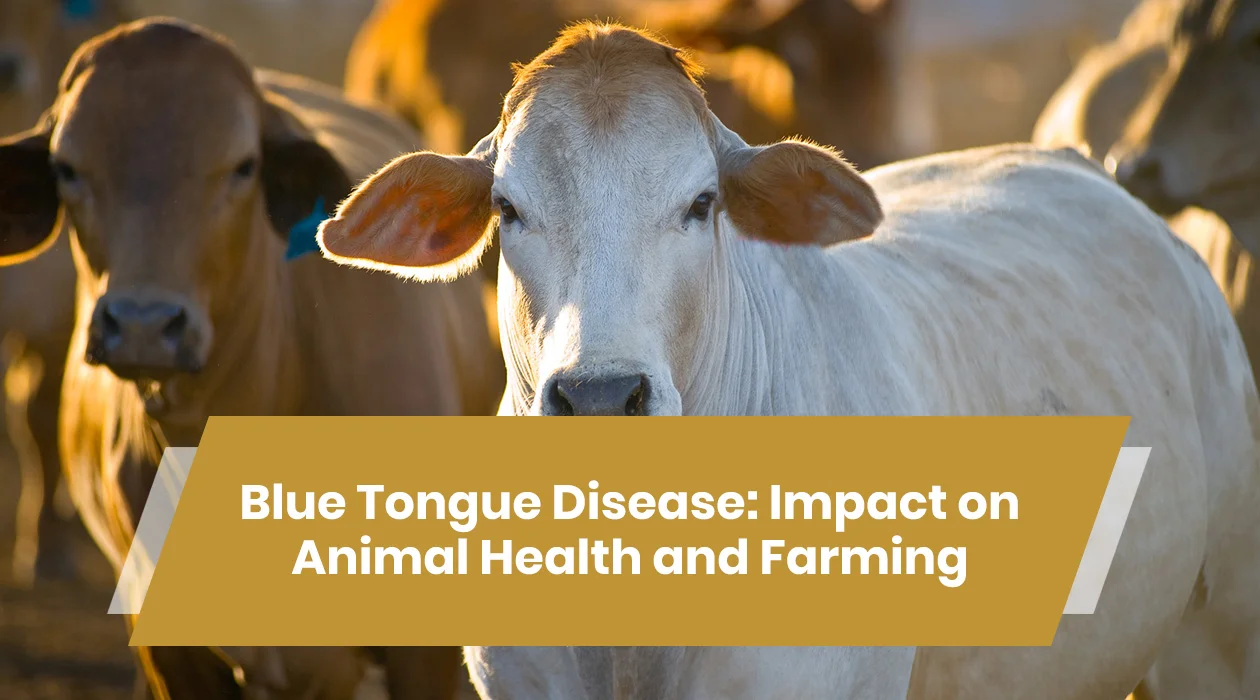
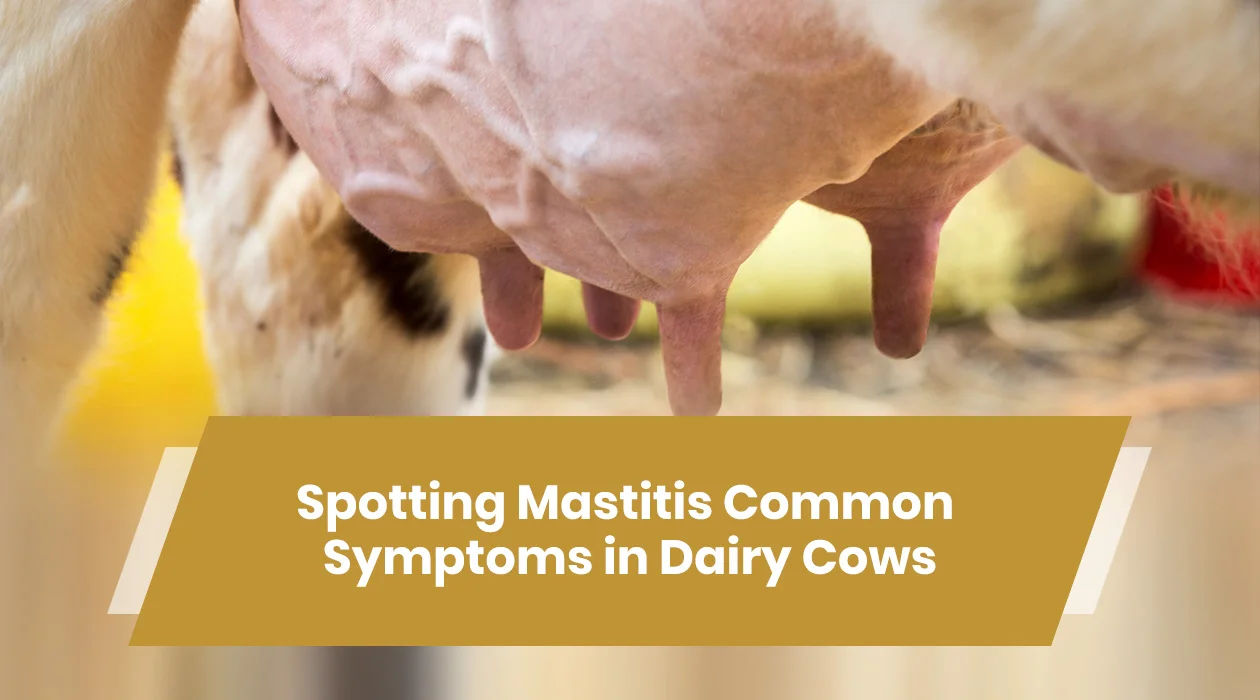
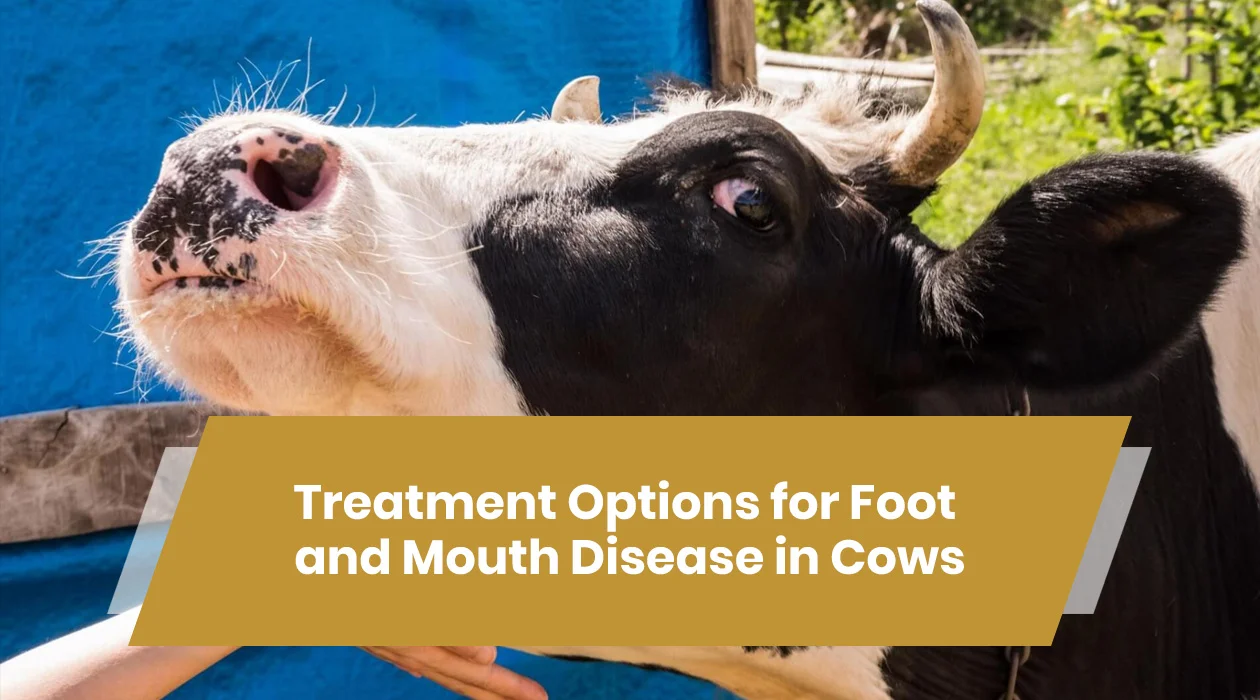

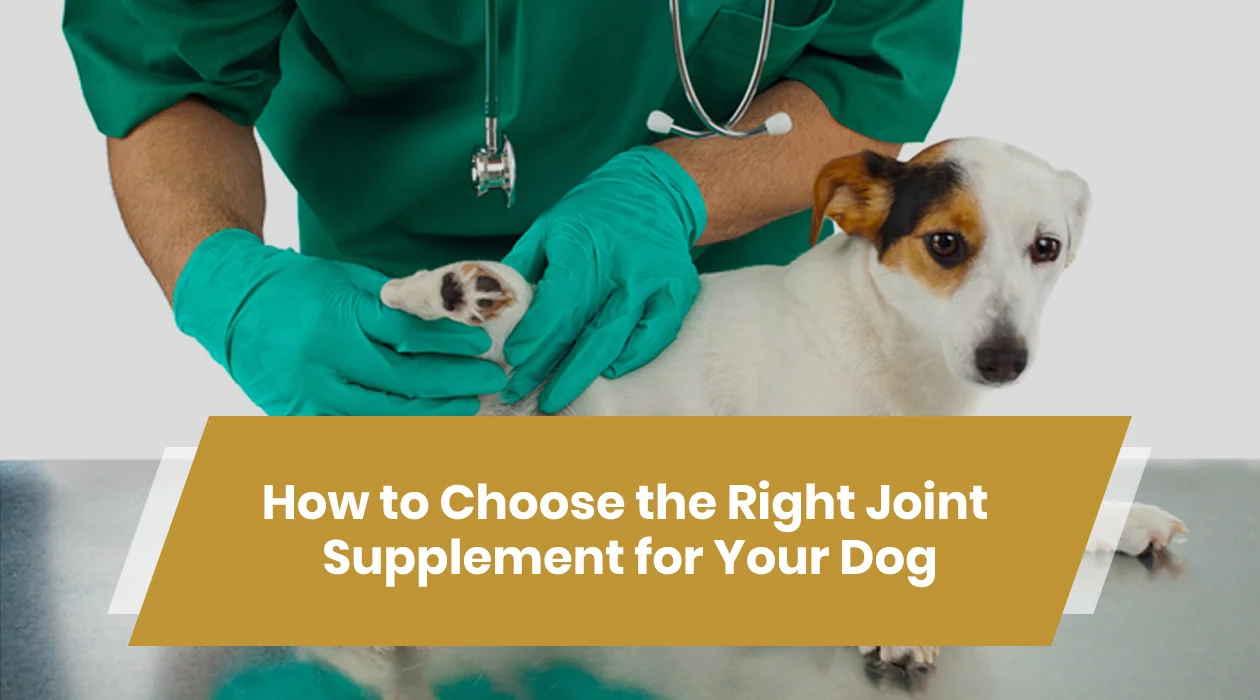
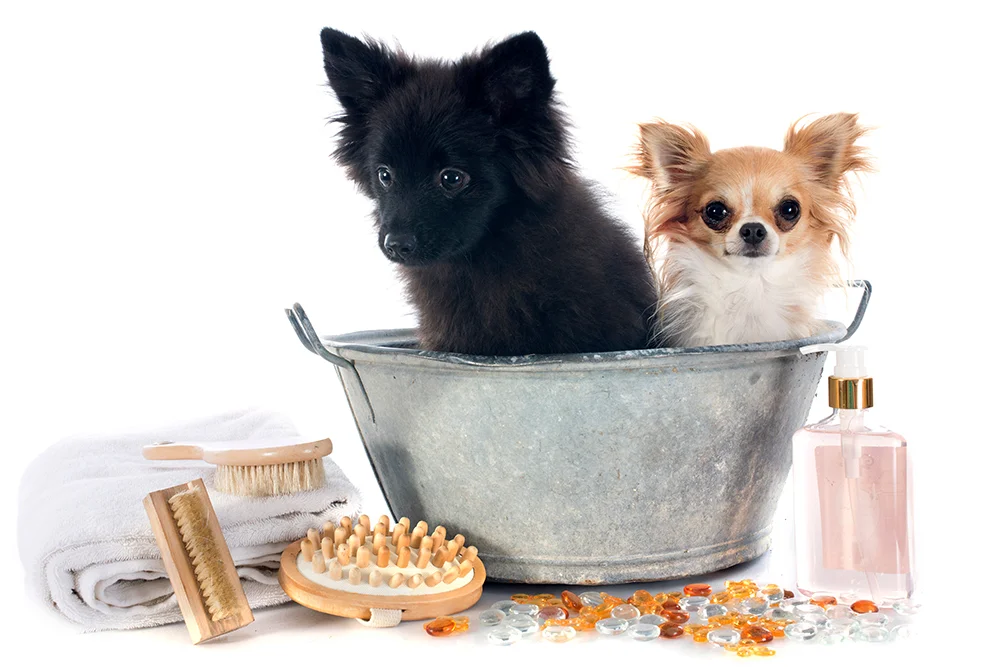

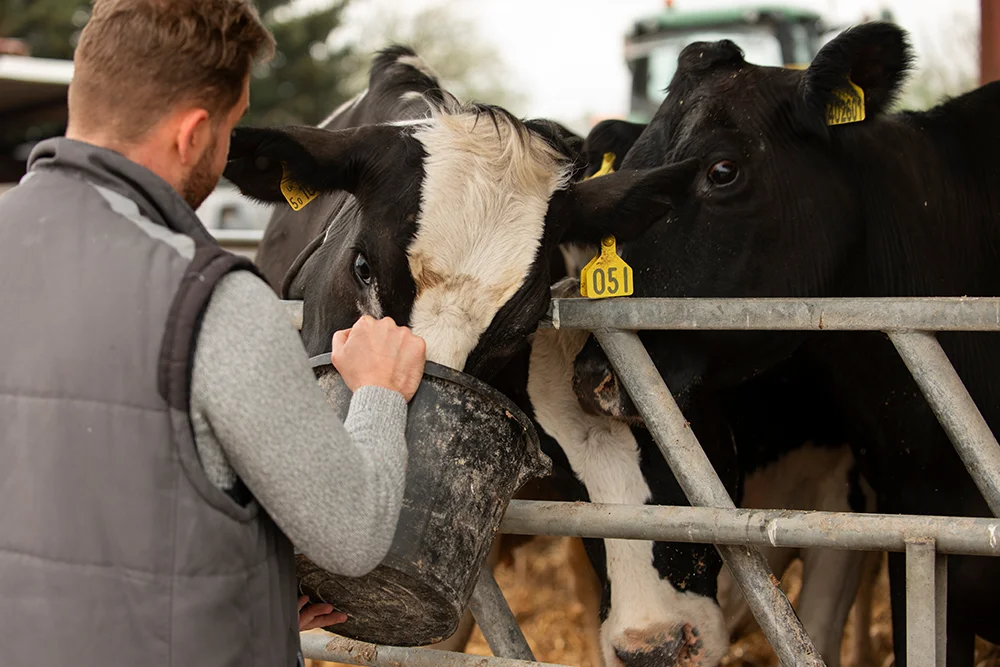

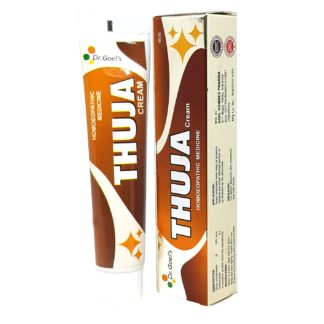
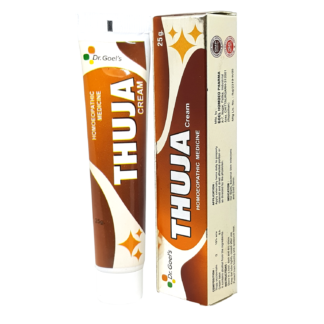

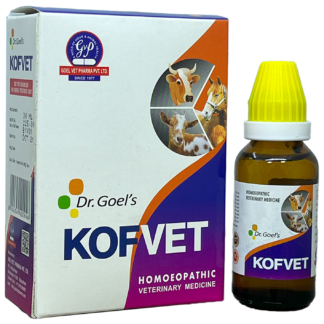
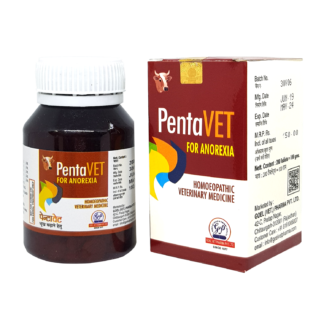
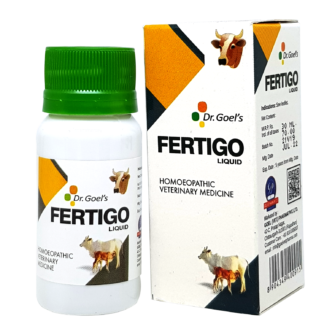
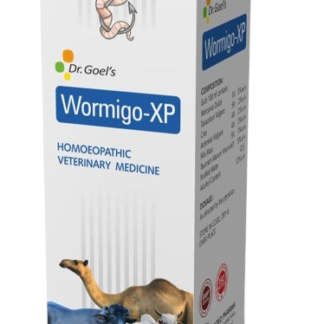




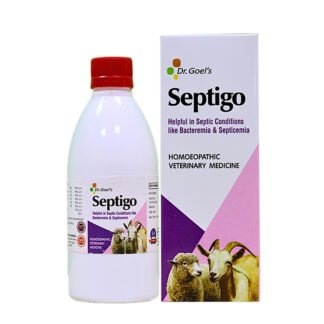


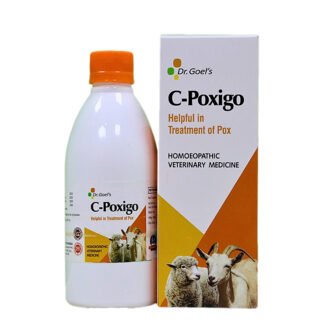
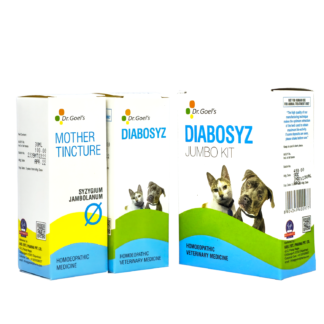
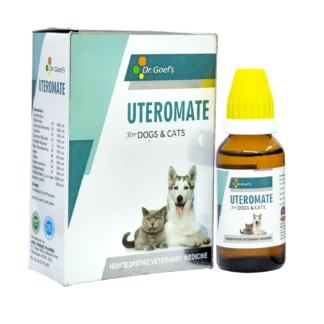
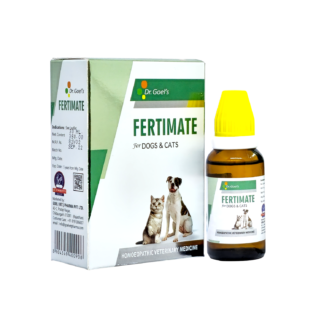
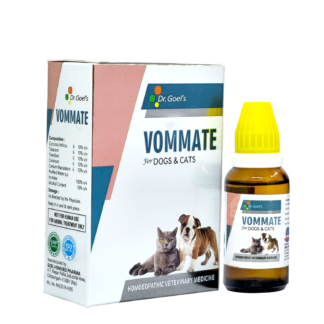
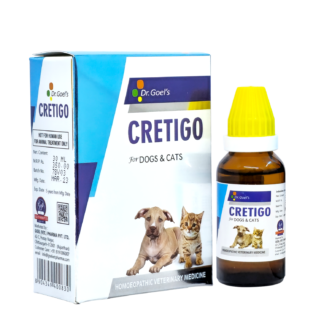
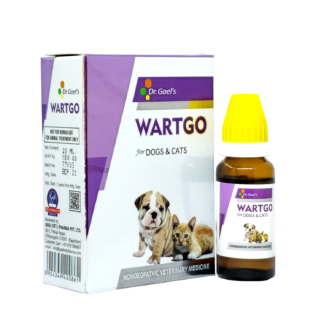

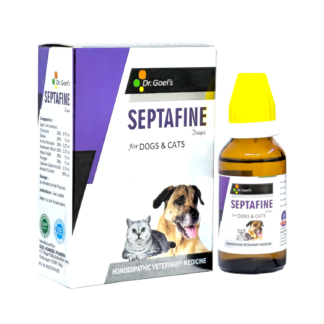

3 thoughts on “Effective Ways to Increase Cow’s Appetite | Goel Vet Pharma”
Thanks for the information, very educative
My hybrid cow give birth to their young ones but they have loss of appetite and due to milk production is reduce which medicine is used to take
Please use Milkogen Tablets